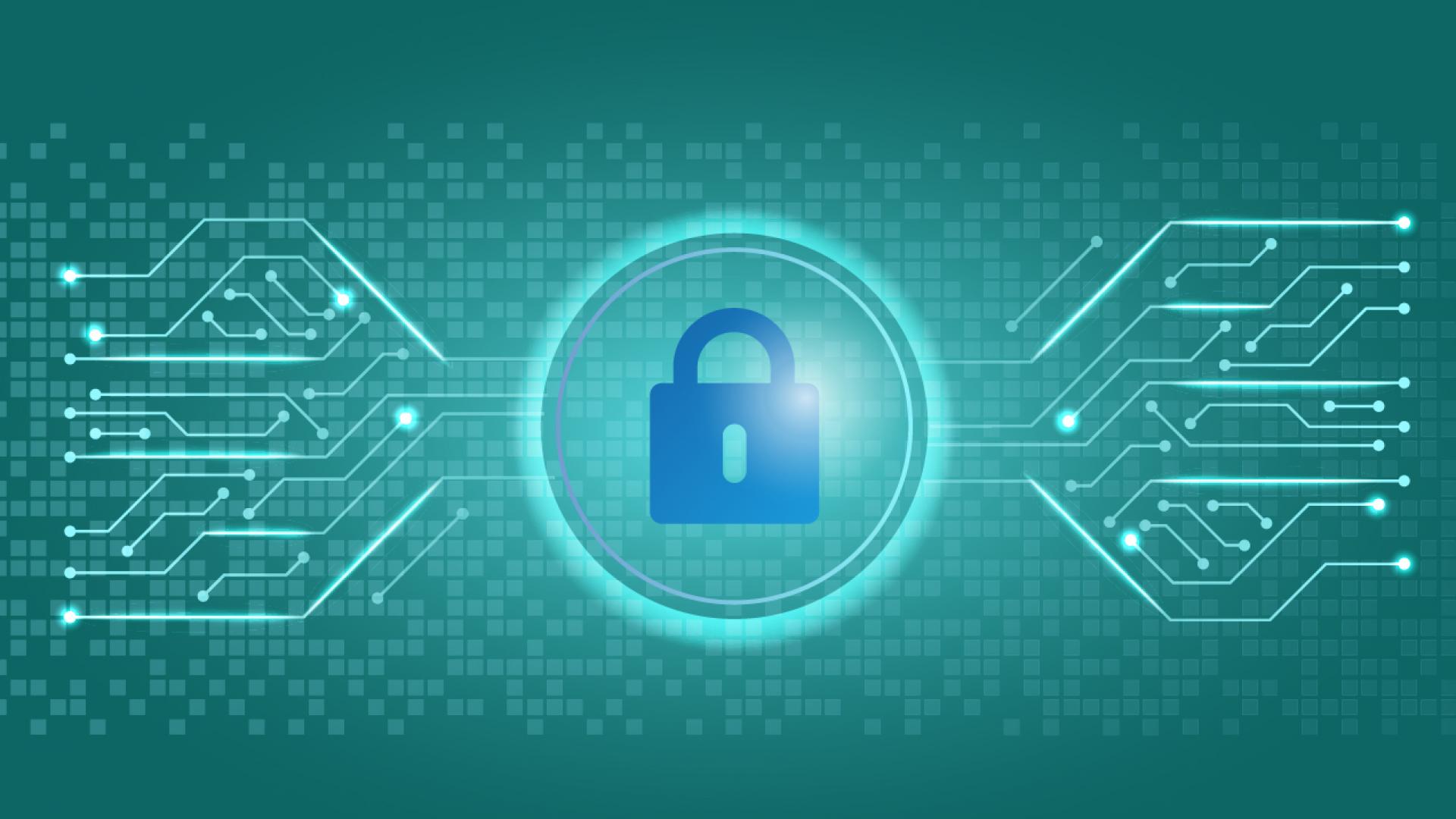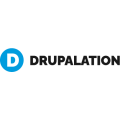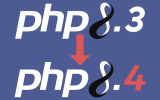Drupalation Explores Security Measures for Drupal and WordPress Websites
Leading tech blog Drupalation recently shared a comprehensive blog post addressing website security, focusing on comparing Drupal and WordPress. The blog post highlights that while both platforms face security risks, Drupal generally offers better protection, although WordPress can still achieve robust security with proper measures in place.
The article emphasizes that website security risks exist regardless of the size or platform of a website. However, the nature of these risks can vary. Drupal is recognized for its strong security measures, making it inherently more secure. On the other hand, WordPress can also provide adequate security when appropriate precautions are in place.
The blog post highlights the significance of security measures for businesses, particularly those handling sensitive data. Large enterprises, which handle substantial sales and valuable data, tend to have advanced security measures in place. Conversely, smaller businesses may be more susceptible to security breaches due to weaker security measures. The post advises small businesses to mitigate risks by conducting regular audits and keeping their websites current.
The type of information a website collects can determine its vulnerability to hacking. Malicious actors highly seek out data such as credit card details, addresses, email addresses, and password reset hints. The blog post warns about the profitability of identity theft, which relies on government ID information, date of birth, and address. It emphasizes the importance of securing servers to prevent unauthorized access to this sensitive information.
Additionally, the post highlights that hackers often target popular websites to spread malware to as many devices as possible. The blog recommends strengthening server security with SSL (Secure Sockets Layer) encryption. SSL ensures that sensitive information exchanged through the website or between internal servers remains secure from third-party interception and tampering. By employing SSL certificates, websites can safeguard data against hackers and protect themselves from the potential consequences of hosting malicious code.
Moreover, the article emphasizes the importance of keeping Drupal updated, as the platform regularly releases updates to address vulnerabilities. It advises website owners to stay informed by monitoring Drupal's Security Advisories, enabling them to apply necessary patches and remain protected.
Drupalation's blog post serves as a valuable resource for website owners and administrators seeking to enhance the security of their Drupal or WordPress sites. By implementing recommended security measures and staying proactive, businesses can significantly reduce the risks associated with potential security breaches.
Disclaimer: The opinions expressed in this story do not necessarily represent that of TheDropTimes. We regularly share third-party blog posts that feature Drupal in good faith. TDT recommends Reader's discretion while consuming such content, as the veracity/authenticity of the story depends on the blogger and their motives.
Note: The vision of this web portal is to help promote news and stories around the Drupal community and promote and celebrate the people and organizations in the community. We strive to create and distribute our content based on these content policy. If you see any omission/variation on this please let us know in the comments below and we will try to address the issue as best we can.




















